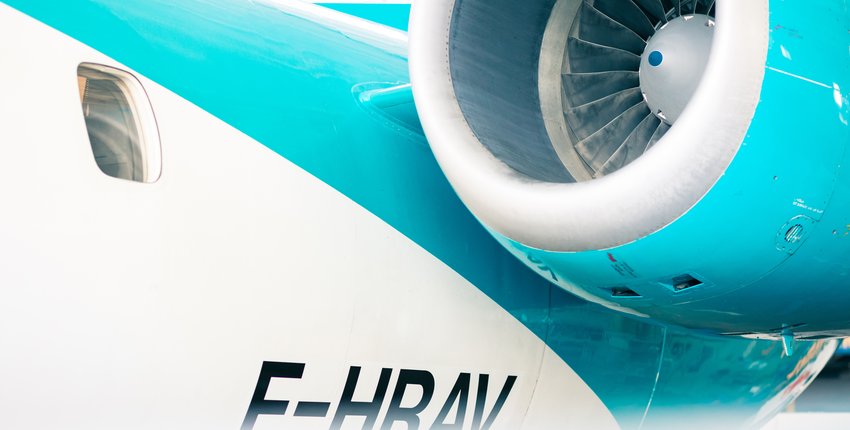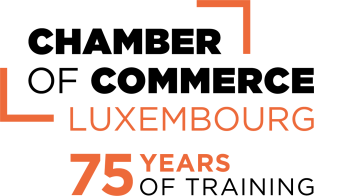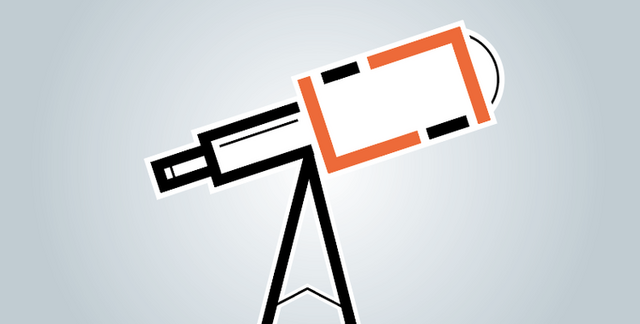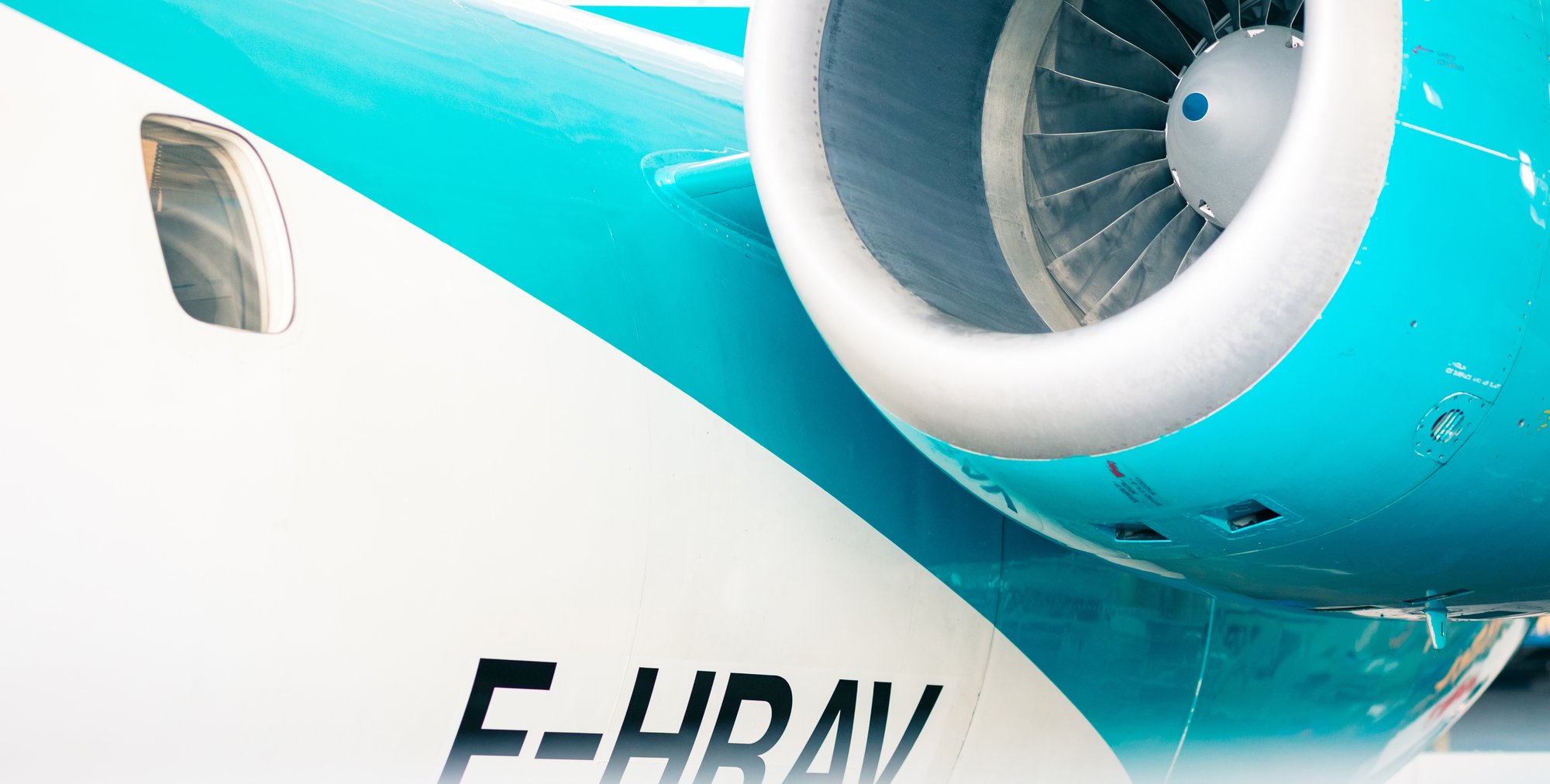
Opinion of the Chamber of Commerce

The Chamber of Commerce has submitted its opinion on Luxembourg’s draft regulation establishing taxes and fees relative to technical inspections for airworthiness of aircraft and flight operations. While welcoming the move towards a system that has zero impact on state finances, the Chamber of Commerce is concerned about the financial impact that this new system could have on Luxembourg businesses and regrets a certain lack of transparency.
The draft regulation sets up a new pricing system for technical inspections for aircraft, going from a mostly flat-rate system for any inspections carried out in order to deliver a specific certificate, to a much more detailed system that designates a price for each required task carried out as a security measure, and to which is added, if need be, an invoice for work charged at an hourly rate. This draft regulation introduces a real change in terms of the fees for technical inspections in aviation related to airworthiness of aircraft and flight operations.
The Chamber of Commerce notes that it is particularly difficult to make a comparison of the resulting costs of the previous system to the new system, which shows a lack of transparency in the new system, especially considering that no mention is made of the financial impact that these changes could have on businesses in the sector, including the impact on the competiveness of Luxembourg businesses, and further fiscal implications.
For the Chamber of Commerce, the changes related to hourly invoicing rates for technical inspections is particularly problematic. It is impossible for administrators to estimate the costs created by such invoicing, for example with calculated examples.
The Chamber of Commerce therefore would like to have more details on the invoicing procedure.
Furthermore, the Chamber of Commerce questions a two-part invoicing system, with, on the one hand, flat-rate invoicing for each task required as a security measure to obtain a certificate, and, on the other hand, an hourly rate based on the length of the time the intervention took to carry out.
The Chamber of Commerce is also surprised by the deadline for entry into force of 10 days following the publication of the draft regulation in the Official Journal of the Grand Duchy of Luxembourg, as stated in Article 33 of the draft. Given the financial impact of the draft regulation on businesses, a deadline of several months would be appropriate in order to anticipate costs.
The Chamber of Commerce also questions the fact that no provision of the draft regulation mentions Circular 14 (Circulaire 14), or Article 3 of the ministerial decree dated 29 April 2009, concerning the designation of a private entity entrusted to carry out checks and inspections on behalf of the Directorate of Civil Aviation (DAC), and on which the draft regulation is legally based.
The Chamber of Commerce also regrets that, contrary to the stipulations specified in the current guide for legislative and regulatory procedures, the draft regulation did not include an impact assessment form analysing the micro-and macro-economic impact of the proposed measures.
To consult the opinion in its entirety, please click here.


